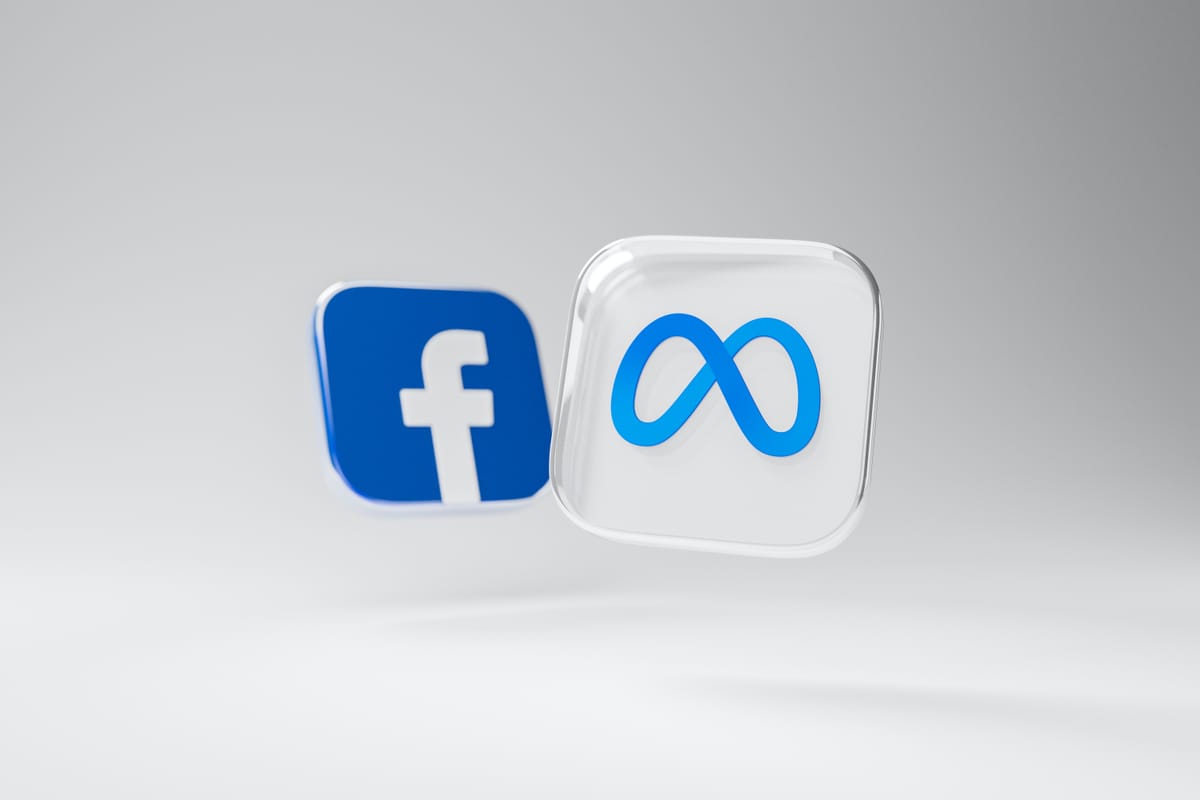Meta: A Record-Breaking Single-Day Loss
Why is Meta facing serious issues at the moment? Our writer, Anna Fu discusses a list of possible reasons.

On the 3rd of February, Meta (previously known as Facebook), saw a whopping 26.4% decrease in its stock price, dropping from $323.00 to $244.98. This represents more than $250 billion being wiped off the market capitalisation of Meta. The sudden plummet has also set a record for the largest single-day trading loss ever occurred on a US stock exchange.
What was the reason behind the record-breaking stock market loss? The crash could be attributed to Meta missing Q1 forecasts of $30 billion by merely reaching the range of $27 to $29 billion. Meta’s revenue is mainly driven by advertisements on Facebook, Instagram, and the Meta Family of Apps; these advertisements account for 97% of Meta’s revenue. The remaining 3% of revenue originates from the Reality Labs division – the creators behind Metaverse. Since the Reality Labs division only accounts for a small fraction of Meta’s revenue, issues such as declining daily users, privacy issues, and shifting focus onto the Metaverse all contribute to the dip in revenue.
Daily Users falling
The number of Daily Active Users (DAU) fell from 1.930 billion in Q3 to 1.929 billion users in Q4. This is the first time in history that the number of daily users was not growing but declining. This could be attributed to users’ changing engagement – instead of consuming content in the form of posts and pictures, users are consuming more short videos. This is problematic to Meta in two ways: firstly, short videos generate less revenue from advertisements compared to the traditional format that Meta follows and secondly, TikTok, which provides short video content only, presents intense competition for user’s time. Moreover, the different demographics for TikTok and the Meta Family of Apps underpin the dwindling number of users. The Forrester survey conducted in 2021 showed that TikTok usage surpassed Instagram amongst those aged 12 to 17, suggesting that the Meta Family of Apps is no longer the go-to social media for the younger generation.
Competitors
How is TikTok more addictive compared to Meta? TikTok has a more effective AI engagement algorithm – the algorithm aims to maximise the amount of time users spend on the app. It uses user interactions, such as videos you have added to your favourites, videos that you have watched all the way to the end and account settings, such as your country settings, language preferences, to generate a unique “for you” page that is separate from the user’s interests. This provides diversity in its content recommendation and is in stark contrast with the algorithms used by the Meta Family of Apps which recommend content similar to what the users have previously expressed interest in. The lack of diversity and neverending content recommendations keeps users in their echo chambers, and underlies why users are increasingly shifting away from the Meta Family of Apps. The drop in DAU then translates to a drop in revenue.
Privacy Issues
The second reason behind the drop in earnings could be traced back to software privacy changes. In April 2021, Apple introduced the App Tracking Transparency policy which mandates apps, such as Meta, to ask for the user’s permission before tracking activity across apps and websites, which made it more difficult to use personal data to target advertisements. This has had a substantial impact on Meta, as its business model relies heavily on collecting users’ information and selling them to advertisers. Therefore, the change in software privacy contributed to the drop in revenue.
Another privacy issue Meta faces is the invalidation of the ‘Privacy Shield’ arrangement between Europe and the United States; the arrangement has previously enabled companies to transfer personal data from the European Union and Switzerland to the United States. However, since the arrangement is no longer in place, current EU regulations prevent Meta from transferring data, which is a crucial part of generating revenue. If Meta withdraws from the European market, Meta will miss out on $6.8 billion of advertising revenue a year, further exacerbating the drop in revenue.
Focus on the Metaverse
The trend of declining advertisement revenue and the maturation of Meta’s business has driven it to pivot to the Reality Labs division; this shift in concept is reflected in Facebook’s rebranding into Meta. Meta has been investing heavily in the Reality Labs division, spending about $2.5 billion in Q2 and Q3 and $3.3 billion in Q4 to develop the Quest VR headset, VR software and AR glasses, all of which reduce the margins and ultimately leads to lower EPS growth. Moreover, recently, issues with the Metaverse have surfaced, such as privacy concerns and users reporting harassment in the Metaverse, which puts the ethics and practicability of the Metaverse under scrutiny. Since the release of Metaverse is 10 to 15 years away, Meta will not be able to profit in the short run.
Overall, Meta is facing a dwindling number of DAU due to intense competition; privacy issues brought on by Apple’s App Tracking Transparency policy and the invalidation of the ‘Privacy Shield’ all gnawed on revenue and led to Meta missing Q1 forecasts. Cashflows from the Metaverse can only start benefiting Meta in the distant future. Together, these factors contributed to Meta’s record-breaking single- day loss.
Anna is one of the Senior Analysts at the Investment Society’s Capital Fund, QT Capital whilst studying MSc Finance and Accounting at Imperial College Business School.








